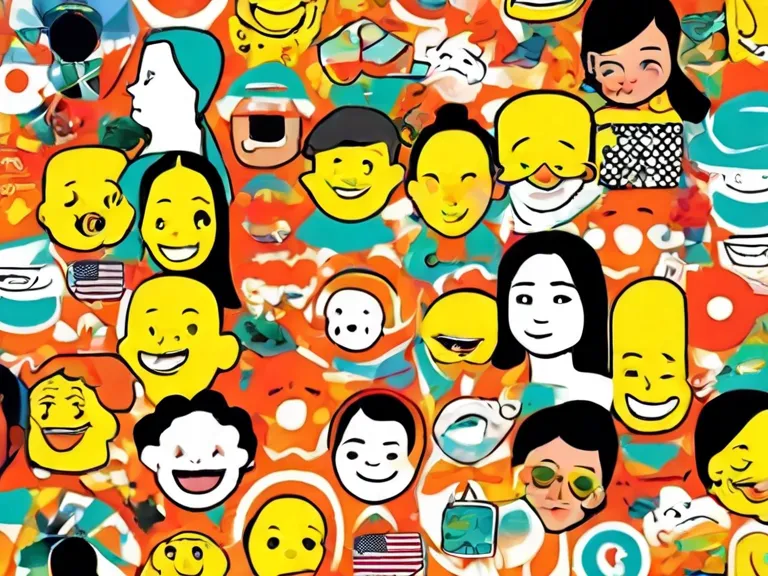
In today's fast-paced digital age, social media platforms like Snapchat have revolutionized the way we communicate, share information, and express ourselves. With the rise of Snap trends, such as popular filters, challenges, and viral content, the impact on global culture and identity cannot be overlooked. These trends have the power to shape our worldviews, influence our behaviors, and even redefine our sense of self.
One of the most noticeable impacts of Snap trends on global culture is the phenomenon of "Snapchat dysmorphia." This term refers to individuals seeking plastic surgery to replicate the filters that enhance their facial features on Snapchat. This obsession with achieving an idealized version of oneself promoted by social media can lead to unrealistic beauty standards and a distorted self-image.
Snap trends also play a significant role in shaping our collective identity. Through viral challenges like the "Mannequin Challenge" or "In My Feelings Challenge," people from different backgrounds and cultures come together to participate and create a sense of community. These trends have the power to unite us in shared experiences and moments, regardless of geographical boundaries.
Moreover, Snap trends have the potential to shape cultural norms and challenge societal conventions. From promoting inclusivity and diversity through filter options to sparking conversations on important social issues through viral content, Snapchat has become a powerful platform for driving cultural change and pushing boundaries.
As we navigate the ever-evolving landscape of social media and technology, it's essential to critically examine the impact of Snap trends on global culture and identity. By being aware of how these trends shape our perceptions and behaviors, we can strive to use social media as a tool for positive change and empowerment.



